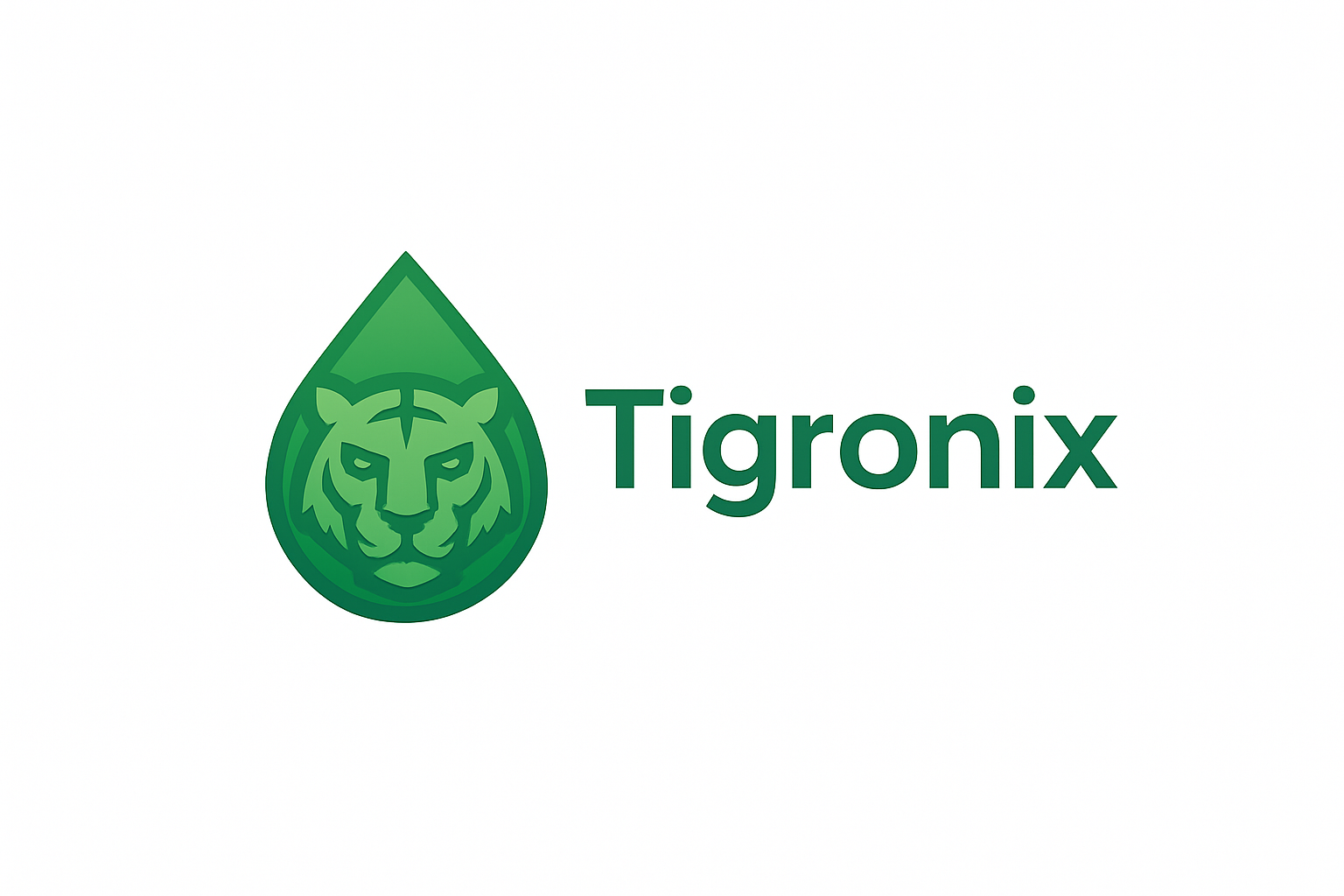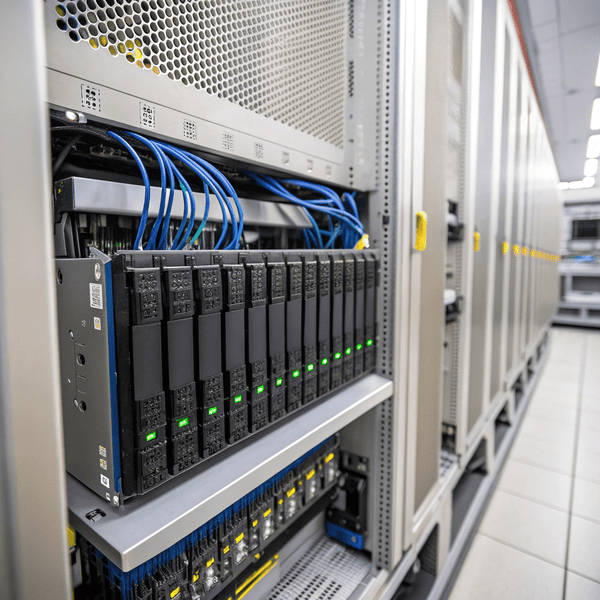Slow data, unreliable drives, and downtime can put any company at risk. For anyone in charge of servers or data centers, choosing the right SSD can mean the difference between a smooth operation and costly interruptions.
Enterprise SSDs are Enterprise SSDs[^1] are high-performance drives designed for servers and data centers. They offer extra endurance, steady speed, and built-in safeguards that consumer SSDs do not, helping keep your systems running around the clock.
[^1]: Explore this link to understand how Enterprise SSDs enhance performance and reliability in data centers.
designed for servers and data centers. They offer extra endurance, steady speed, and built-in safeguards that consumer SSDs do not, helping keep your systems running around the clock.
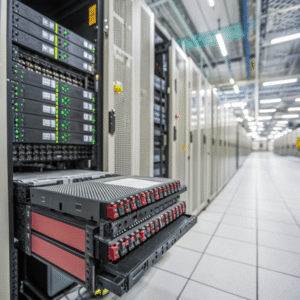
A simple drive swap isn’t enough when you want 24/7 reliability. Many businesses upgrade to enterprise SSDs to handle large amounts of data and heavy workloads. In this guide, I will share what sets these drives apart, how to pick the best models, and when the extra price is worth it.
What are enterprise SSDs?
Downtime brings headaches and lost money. You need drives that don’t quit, even under heavy server load.
Enterprise SSDs are solid-state drives built for nonstop enterprise use. They include higher write endurance, advanced controllers, and Enterprise SSDs[^1] are solid-state drives built for nonstop enterprise use. They include higher write endurance, advanced controllers, and power-loss protection to ensure your data stays safe, even when something goes wrong.
[^1]: Explore this link to understand how Enterprise SSDs can enhance performance and reliability for your business operations.
to ensure your data stays safe, even when something goes wrong.
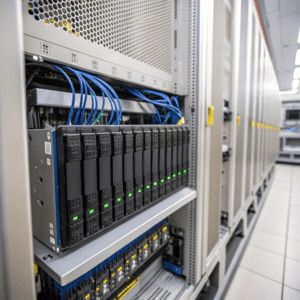
Let’s look deeper at what makes them special. Enterprise SSDs are not just “bigger” consumer drives. They use better NAND flash (often MLC or TLC rated for heavy writes), strong ECC (error correction code), and controller designs that even out I/O and prevent data loss. Many come with “over-provisioning” space to keep up performance as the drive gets full, and almost all include real-time error tracking.
A direct comparison:
| Feature | Enterprise SSDs | Consumer SSDs |
|---|---|---|
| Write Endurance | Very high | Moderate |
| Power-Loss Protection | Yes | Rarely |
| Supported Workloads | 24/7 heavy load | Intermittent use |
| Warranty | 5 years, 24/7 rated | 3 years, limited |
| Error Correction | Advanced ECC | Basic ECC |
Enterprise SSDs are purpose-built for data center racks, virtual machines, web servers, and databases that never sleep.
Which SSD is best for servers?
Not all servers run the same jobs, but every server needs quick, steady storage that won’t let you down.
The best SSDs for servers are enterprise models from HPE, Samsung PM, Intel DC, and Micron. Pick based on workload: use NVMe for speed or The best SSDs for servers are enterprise models from HPE, Samsung PM, Intel DC, and Micron. Pick based on workload: use NVMe[^1] for speed or SATA for compatibility, and always check firmware support.
[^1]: Explore this link to understand why NVMe SSDs are crucial for high-speed server performance.
for compatibility, and always check firmware support.
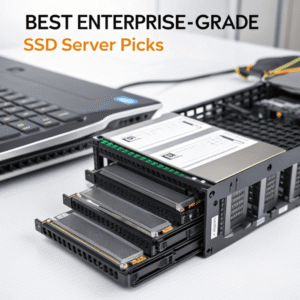
Time to get specific. Servers running lots of virtual machines (VMs), databases, or web traffic need SSDs marked “write intensive” (WI) or “mixed-use” (MI). For light database or archival work, “read intensive” (RI) drives offer solid performance for less cost. I always recommend matching vendor drives to your system brand—HPE servers with HPE SSDs, for easy firmware updates and to keep your warranties valid.
Here are some top choices:
| Brand | Model Series | Use Case | TBW Endurance |
|---|---|---|---|
| HPE | MI/WI NVMe/SATA | All-around, heavy load | Up to 35 PBW |
| Samsung | PM9A3/PM983 | Fast DB/cache | Up to 10 PBW |
| Intel | DC P4510/P4610 | Virtualization | Up to 17 PBW |
| Micron | 9300 MAX | Big data workloads | Up to 35 PBW |
Always check the total bytes written (TBW), power-loss features, and if your server motherboard supports NVMe or SATA before buying.
What is the best SSD for enterprise?
You want storage that will last years—even with constant data movement and high traffic.
The best SSDs for The best SSDs for enterprise use are leading models from HPE, Samsung PM, Intel DC, and Micron 9300. Choose based on performance, endurance, warranty[^1], and how well they fit your server hardware.
[^1]: Understanding these factors is crucial for making informed SSD choices that enhance your server’s efficiency.
are leading models from HPE, Samsung PM, Intel DC, and Micron 9300. Choose based on performance, endurance, warranty, and how well they fit your server hardware.
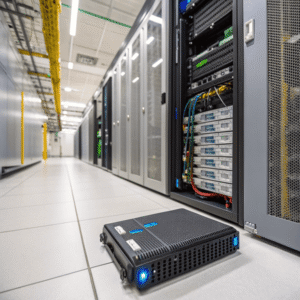
Dive even deeper and the answer depends on your environment. HPE-certified drives are great if you run HPE servers—firmware updates are easy and support is fast. Samsung PM and Intel DC series are best for NVMe-based storage or virtual machines. Micron 9300 MAX is built for massive data analytics or database work. For cost, reliability, and speed, make sure to balance TBW ratings and warranty terms. I have seen countless businesses switch to enterprise SSDs and almost eliminate surprise outages and slowdowns.
Comparison guide:
| Brand | Top Models | Max TBW Endurance | Warranty | Ideal For |
|---|---|---|---|---|
| HPE | MI/WI series | Up to 35 PBW | 5 years | General server storage |
| Samsung | PM983/PM9A3 | Up to 10 PBW | 5 years | DBs/Virt machines |
| Intel | DC P4510/P4610 | Up to 17 PBW | 5 years | VM farms, cache |
| Micron | 9300 MAX | Up to 35 PBW | 5 years | Analytics/big data |
Pick your SSD to keep your data safe, your speed steady, and your costs down over time. Enterprise SSDs do cost more upfront—but in my experience, the reduced downtime and longer life return their value many times over.
Conclusion
Enterprise SSDs keep servers and data centers running fast and safely. They outlast regular drives, protect your data, and give your business solid performance every day.
